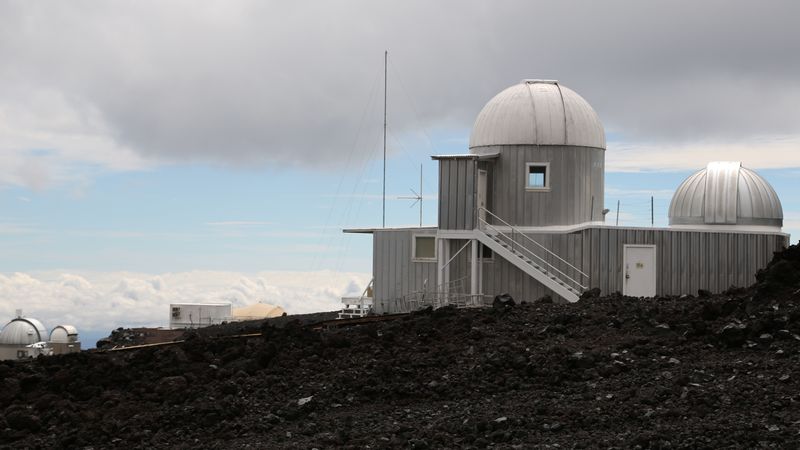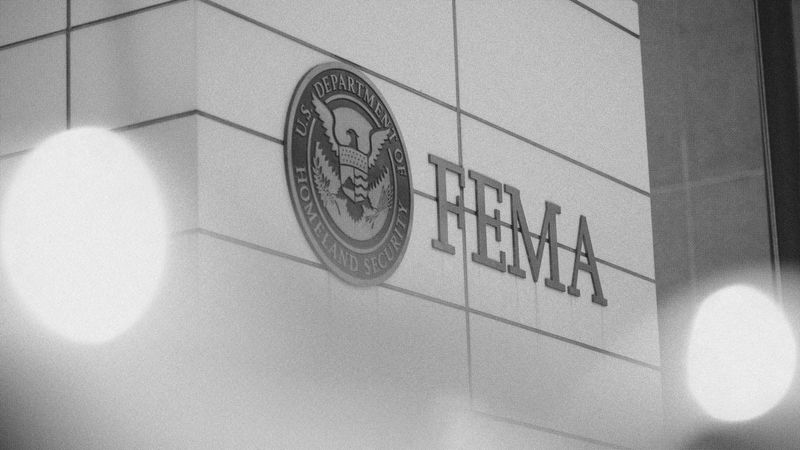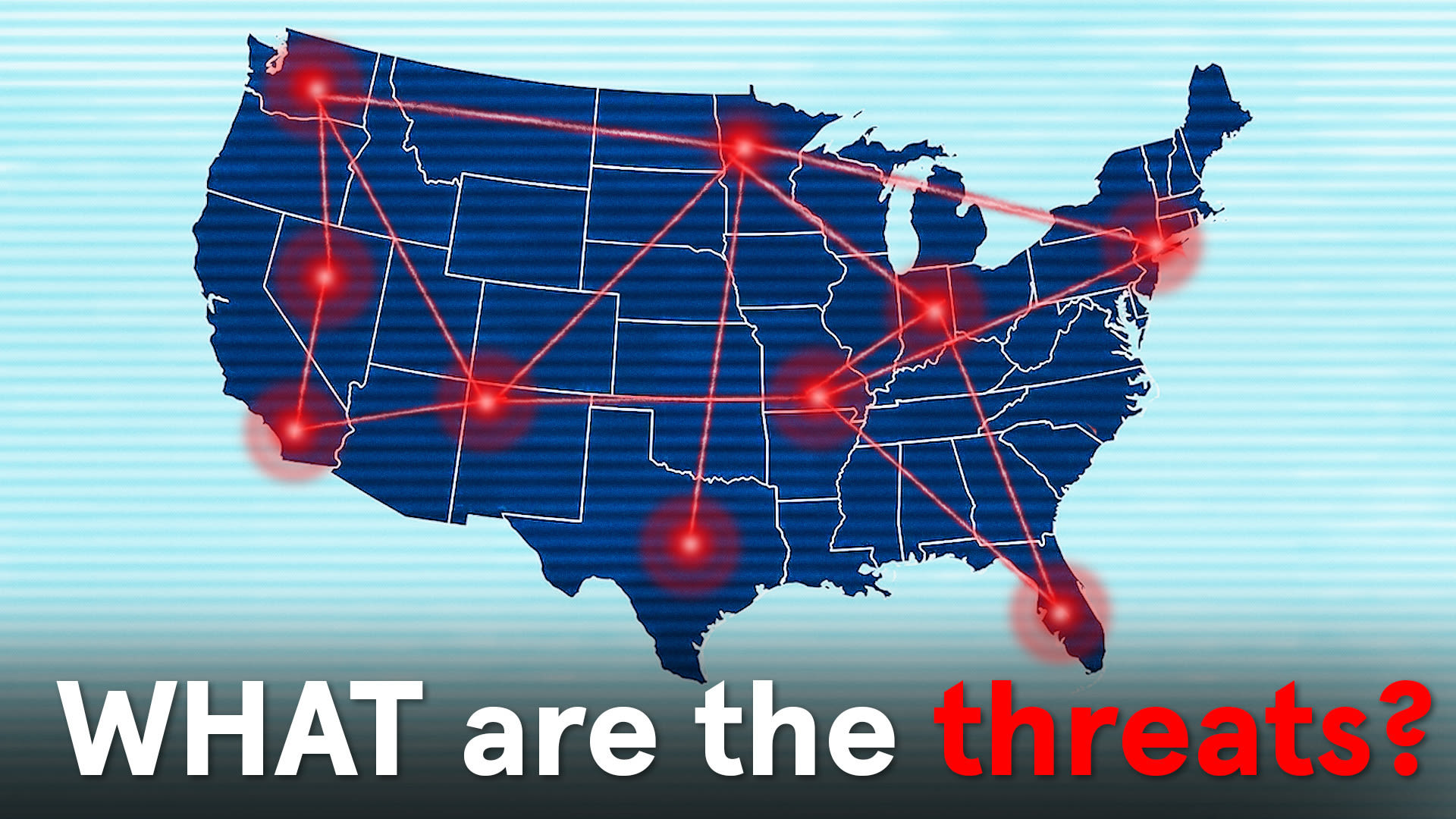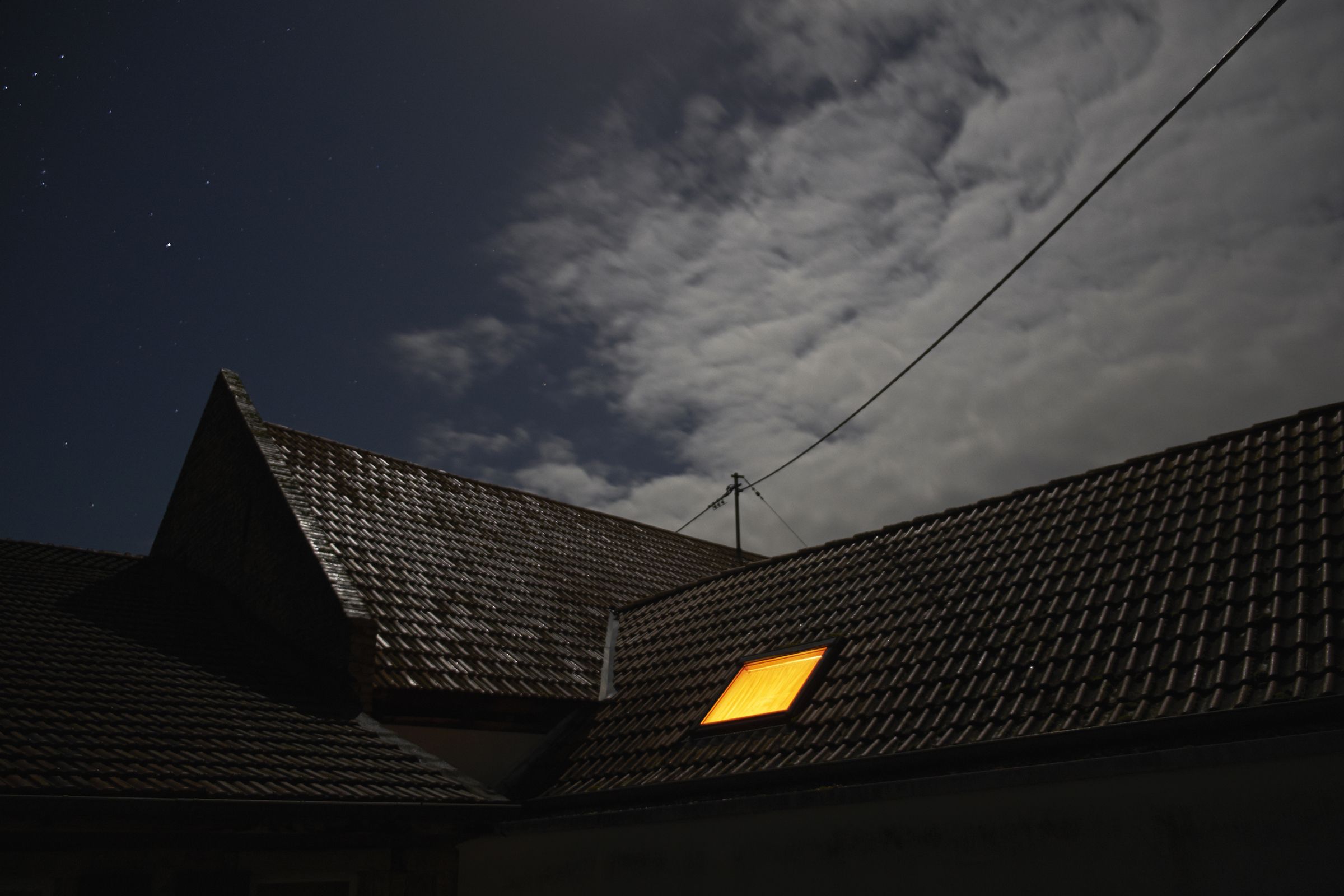## Level Up Your Reality Check: What Happens When Your GPS Goes Dark?
Ever scrolled through your phone map, nonchalantly navigating your way through a bustling city or a remote mountain trail? We all take GPS for granted, a silent, invisible force guiding us through our daily lives. But what if that force vanished? What if the world suddenly went dark, not with an apocalypse, but with a digital blackout?


The Race Against Time: Strengthening Cybersecurity Defenses Against a Sophisticated Threat

The recent power grid outage across the Iberian Peninsula served as a stark reminder of the vulnerabilities in our modern infrastructure. While the actual damage was relatively minor, the incident highlighted the urgent need for proactive measures to strengthen cybersecurity defenses against a sophisticated threat. For years, cybersecurity professionals, watchdogs, and government agencies have warned that a malicious cyberattack on the US power grid could be devastating.
The risk is more acute than ever, with ample evidence that state-sponsored hacking groups are eyeing the decentralized and deeply vulnerable power grid. Case in point: Hackers, believed to be linked to the Chinese government, spent years exploiting vulnerabilities in critical infrastructure across the mainland United States and Guam to obtain access to their systems. The operations, dubbed Volt Typhoon, could have used this access to shut down or disconnect parts of the American power grid—throwing millions into the dark.
The effort was, luckily, disrupted and the vulnerabilities patched. Still, it is an unnerving illustration of just how vulnerable the electric system truly is. We know what such a hack could look like. In 2015, Ukraine experienced the world’s first large-scale cyberattack on an electrical grid. A Russian military intelligence unit known as Sandworm disconnected various substations from the central grid and knocked hundreds of thousands of people offline.

The Fragile Web: Unpacking the Complexity of the US Power Grid
A Decentralized Network: Understanding the Intricate Structure of the US Power Grid
The US power grid is a wildly complicated effort, comprising thousands of utility operations, tens of thousands of substations, and hundreds of thousands of miles of high-voltage transmission lines. Unlike Ukraine, America does not have a single power grid—it has three large interconnections, broken down into a network of smaller regional systems, some of which stretch into Canada.
Most of the East is on one grid, most of the West is on another, while Texas and Alaska run their own interconnections. This decentralized structure makes it challenging to maintain a unified cybersecurity posture, increasing the risk of targeted attacks.

From East to West: Exploring the Vulnerabilities of the Three Interconnected Power Grids
The three interconnected power grids pose unique challenges for cybersecurity professionals. The East Coast grid, for example, is heavily reliant on aging infrastructure, making it more susceptible to cyberattacks. In contrast, the West Coast grid is more modern, but its remote location makes it harder to monitor and respond to potential threats.
The Texas grid, meanwhile, is a unique case due to its independent operation. While this independence provides some benefits, it also increases the risk of cyberattacks, as Texas is not subject to the same regulatory requirements as the rest of the country.

Human Error and Technological Flaws: Analyzing the Role of Vulnerabilities in Compromising Grid Security
Human error and technological flaws are significant vulnerabilities in the US power grid. Cybersecurity professionals have highlighted the importance of addressing these issues to prevent targeted attacks.
- Insufficient training and awareness among utility personnel can lead to errors that compromise grid security.
- Outdated technology and infrastructure make it difficult to implement modern cybersecurity measures.
- Lack of standardization and coordination among utilities and grid operators hinders the sharing of threat intelligence and best practices.

Beyond the Lights: The Ripple Effects of a Digital Blackout
Economic and Social Chaos: Examining the Devastating Consequences of a Widespread Power Outage
A widespread power outage would have far-reaching consequences, extending beyond the immediate loss of electricity. Economic and social chaos would ensue, as businesses, communication systems, and daily life grind to a halt.
- Estimates suggest that a 24-hour power outage could cost the US economy up to $10 billion.
- Communication systems, including 911 services, would be severely impacted, putting lives at risk.
- Food and water shortages would become a significant concern, particularly in urban areas.

Healthcare at Risk: Highlighting the Critical Importance of Uninterrupted Power Supply for Hospitals and Medical Facilities
Hospitals and medical facilities rely heavily on uninterrupted power supply to function effectively. A widespread power outage would put patients’ lives at risk, particularly those relying on life-saving equipment.
- Estimates suggest that 60% of hospitals in the US rely on backup generators to maintain power during outages.
- However, these generators may not be sufficient to support all medical equipment, leading to potential life-threatening situations.

A Global Vulnerability: Discussing the Interconnectedness of Power Grids and the Potential for International Cyberattacks to Disrupt Global Stability
The increasing interconnectedness of power grids around the world creates a global vulnerability. International cyberattacks could have far-reaching consequences, extending beyond national borders.
- Studies have shown that a cyberattack on one grid can have a ripple effect, impacting multiple regions and countries.
- The global nature of modern trade and commerce means that a disruption to one grid could have significant economic implications for other nations.
Conclusion

A GPS Blackout: The Unseen Threat to Global Chaos
In our recent exploration of the WIRED article, “A GPS Blackout Would Shut Down the World,” we delved into the alarming reality of a global positioning system (GPS) failure that could have catastrophic consequences. The article highlighted the widespread dependence on GPS technology, from navigation and logistics to finance, healthcare, and even our daily commutes. Our analysis revealed that a GPS blackout would cripple global supply chains, cripple emergency services, and render critical infrastructure inoperable. The interconnectedness of modern society, once touted as a strength, would become a vulnerability in the face of such a disaster.
The implications of a GPS blackout are far-reaching and devastating. Economies would grind to a halt, international trade would be severely disrupted, and the lack of access to critical services would lead to widespread panic and social unrest. Moreover, the article underscored the critical role of GPS in modern warfare, highlighting the potential for nation-states to exploit a GPS blackout for strategic gain. As we look to the future, it is clear that the threat of a GPS blackout will only continue to grow, fueled by the increasing reliance on connected technologies.
